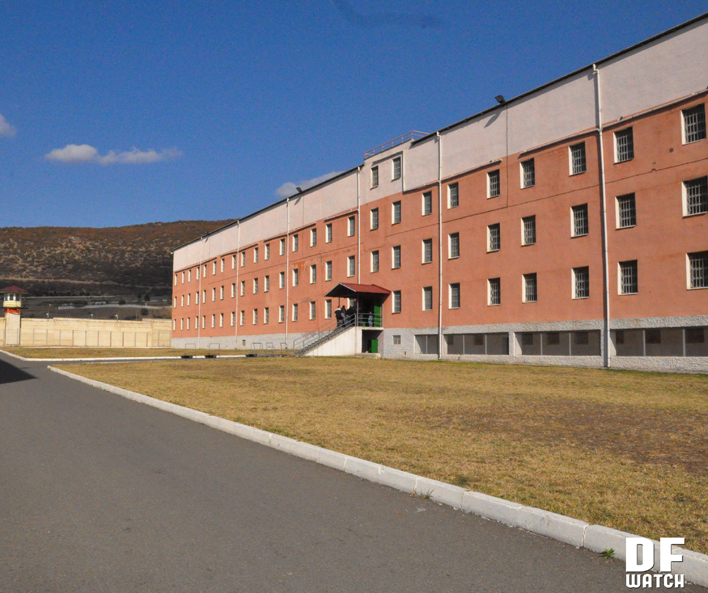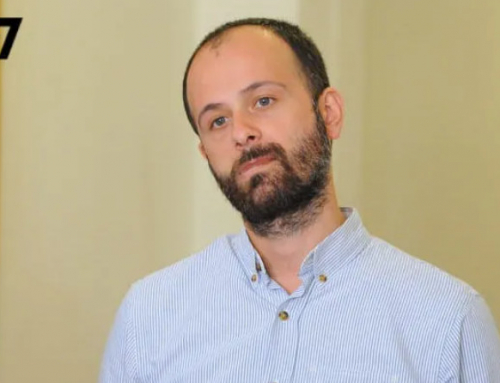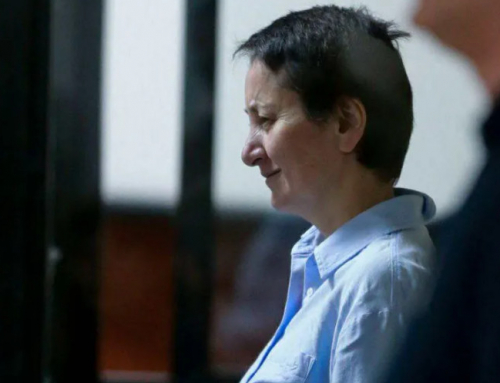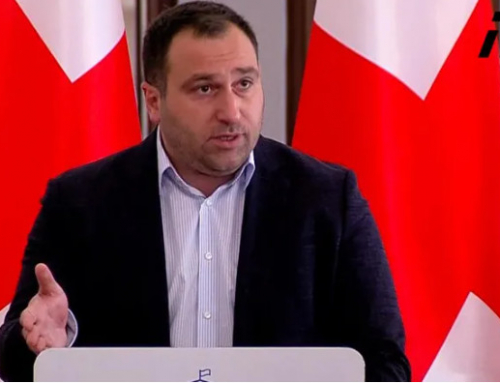
Prison No 8 in Gldani, Tbilisi. (DF Watch.)
TBILISI, DFWatch–The parole commission decided at a session Tuesday to release 79 prisoners.
According to the Prison Ministry, 69 of those up for release are men, 10 are women. Two of the women had their sentence converted to community work.
During the session, the commission considered the cases of prisoners sentenced for less severe crimes and that have served half of their sentence, two thirds of the sentence in case of severe crimes and three quarters of the sentence in case of particularly severe crimes.
The commission paid attention to the characteristics of the crime, how the prisoner behaved in jail, past crimes and convictions, family conditions, personality and the risk or possibility of a repeat offense.
From October 2012 until now 2,954 prisoners have been released by the parole commission sessions, according to the ministry. 331 of them are women and 47 minors.
The commission’s most recent session was held with the its new of members. Earlier there were three representatives from the ministry among the seven members of the parole commission. After a set of amendments came into force, two representatives of the ministry remained in the commission and one changed to Moris Shalikashvili, who is deputy head of the Law Faculty at Tbilisi State University.
Two representatives are from parliament; one from opposition, one from the ruling party. One representative is from the High Council of Justice and one from civil society.
Prisoners can be released either if the president pardons them, if the Prison Ministry’s special bodies gives positive recommendations or by the amnesty law.
The president usually pardons prisoners on special occasions, which can be religious celebrations or New Year. He also has a pardon commission, which studies hundreds of cases and gives recommendations for which prisoners should be released and sends him a list for approval.
In prisons, there are local councils that are subordinate to the ministry, which also has a Parole Commission. The Parole Commission appoints and approves members of the local councils in the prisons. Councils periodically review cases of prisoners, hearing them in person.
The Parole Commission, which has seven members, once in a three months reviews reports from the local councils, but the commission can change the decisions made by local councils or independently withdraw and discuss separate cases.





Leave A Comment
You must be logged in to post a comment.